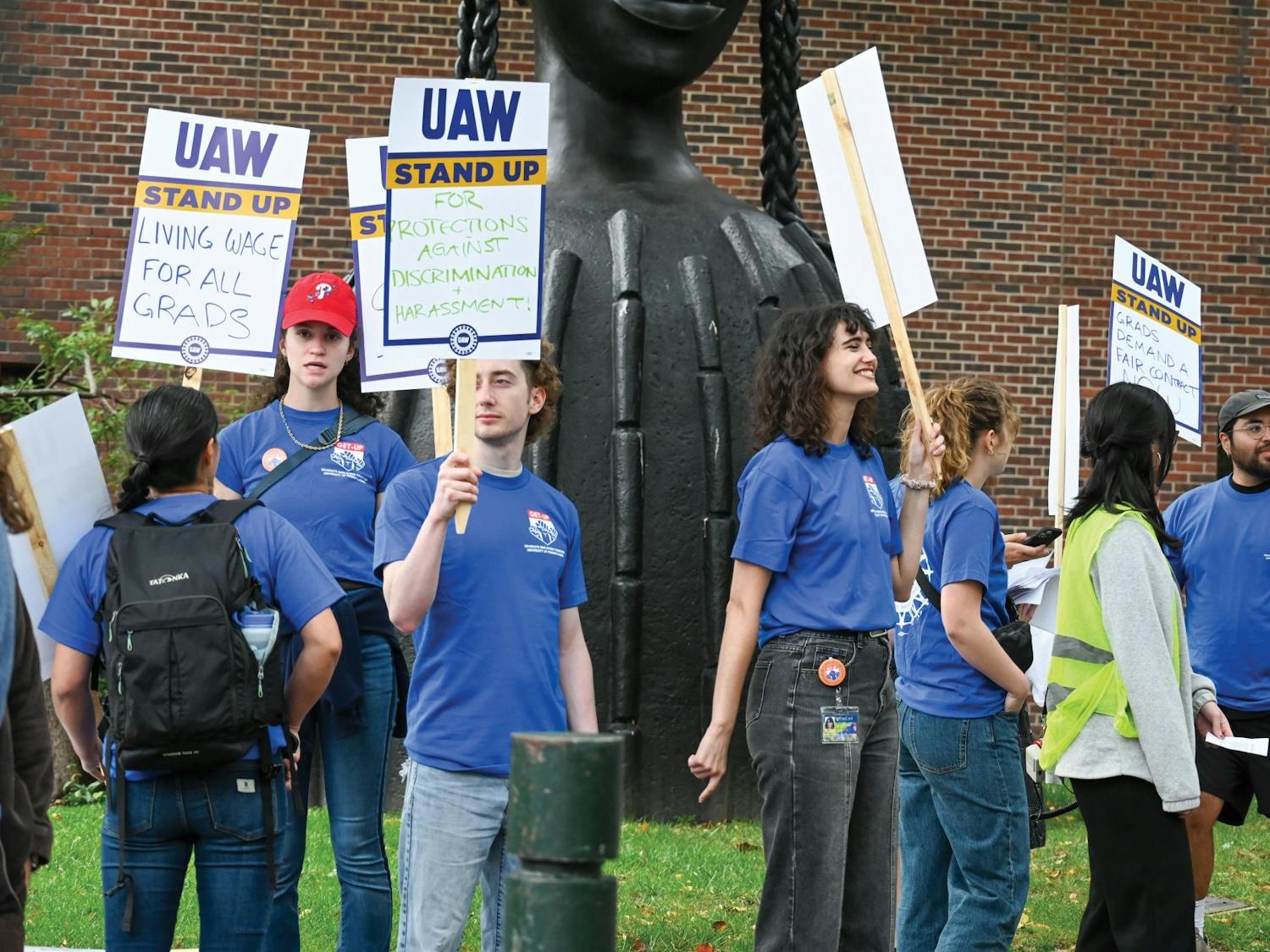In a five to four ruling Monday, the Supreme Court cast doubt on the future of affirmative action programs by voting down a federal program which set aside a proportion of construction contracts for minority-owned firms. The ruling agitated earlier decisions made by the Supreme Court to uphold federal affirmative action programs, in particular a decision to uphold preferential treatment of minority businesses seeking broadcast licenses. As a result, the Supreme Court will now strictly scrutinize race-based federal programs to ensure that they are "narrowly tailored" to meet "compelling governmental interests." The decision does not spell the end to all affirmative action programs, however, as Political Science Professor Kerry Haynie said. "I don't think it is necessarily the end of affirmative action, he said, "[though] clearly there will be stricter scrutiny." Haynie said she was concerned not only by the Supreme Court ruling, but also by a decision of the Federal Court of Appeals for the Fourth Circuit in October, which declared the University of Maryland's racially-based scholarships unconstitutional. She said there may have been some unnecessary special treatment given to minorities in the Maryland case, but added that "the misapplication of affirmative action is not new." With regard to Monday's ruling, Haynie said she agrees with the decision, adding that other forces such as differences in the quality of performance of the two companies may have been involved. She added that any court decision involving affirmative action should be made on a "case by case basis [and] should not necessarily apply to another program given comparable circumstances." Haynie was also concerned about how the case might be interpreted in the future. "If you use this one case to apply to all cases," he said, "for affirmative action that may be dangerous." "It may have a chilling impact," he added, "on the number of minorities in higher education ? such as students and faculty." Anita Jenious, the University's Executive Director of the Office of Affirmative Action, said that the case "has not done away with affirmative action completely." "It's a cause for concern," she said. "Everybody is concerned these days. "I'm convinced the University will always do the right thing," she added. "What anyone discussing Affirmative Action has to recognize," said Legal Studies and Real Estate Professor Kenneth Shropshire, "is that we don't need to eliminate any job that minorities with better qualifications are prevented from obtaining. "We still have to protect people from racism," he continued, adding that "some form of affirmative action is still needed." Eric Tienou, the chairperson of the First Amendment Task Force and member of the Undergraduate Assembly, was unsure about the consequences of the decision. "I can understand some of the the court's arguments, [but] I feel very cautious about the decision" the College senior said. "I would disagree with a program like that from an economic standpoint," he added, explaining that if the bids of two companies are the same, then factors such as diversity could be taken into account. "It's very disturbing if you see the court moving in one way," he said.
The Daily Pennsylvanian is an independent, student-run newspaper. Please consider making a donation to support the coverage that shapes the University. Your generosity ensures a future of strong journalism at Penn.
Donate







